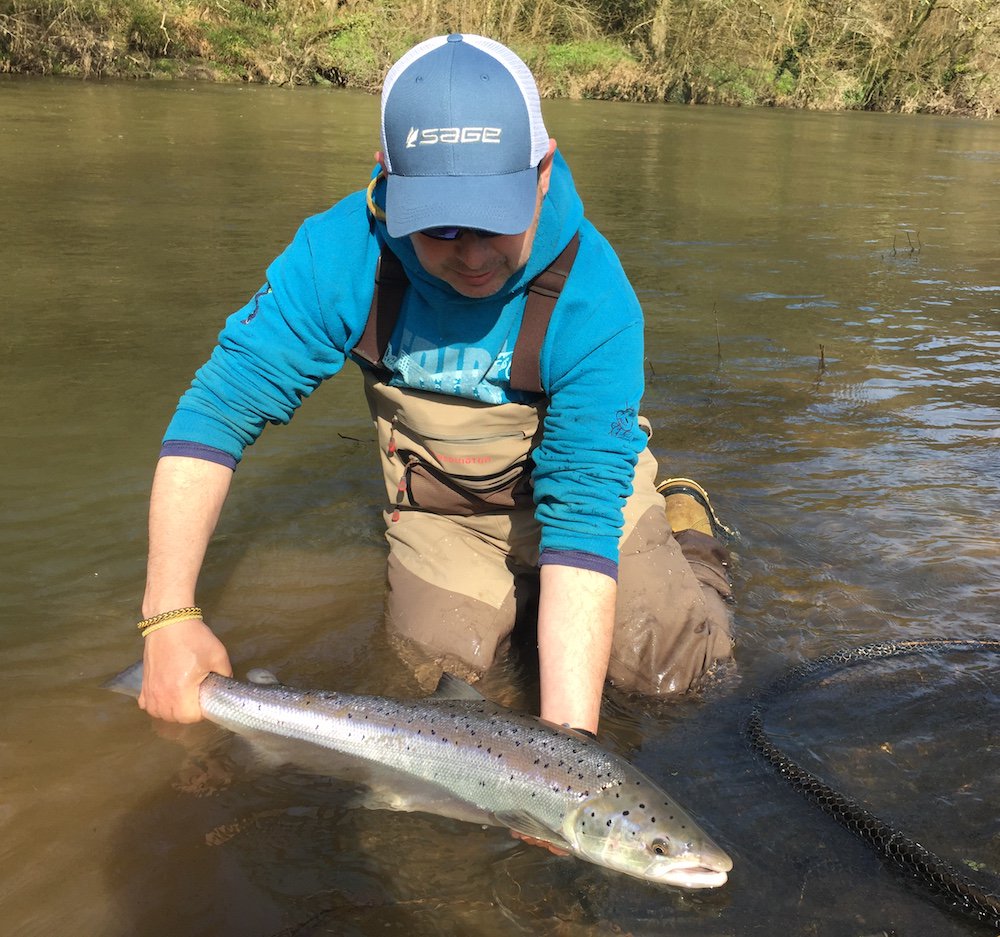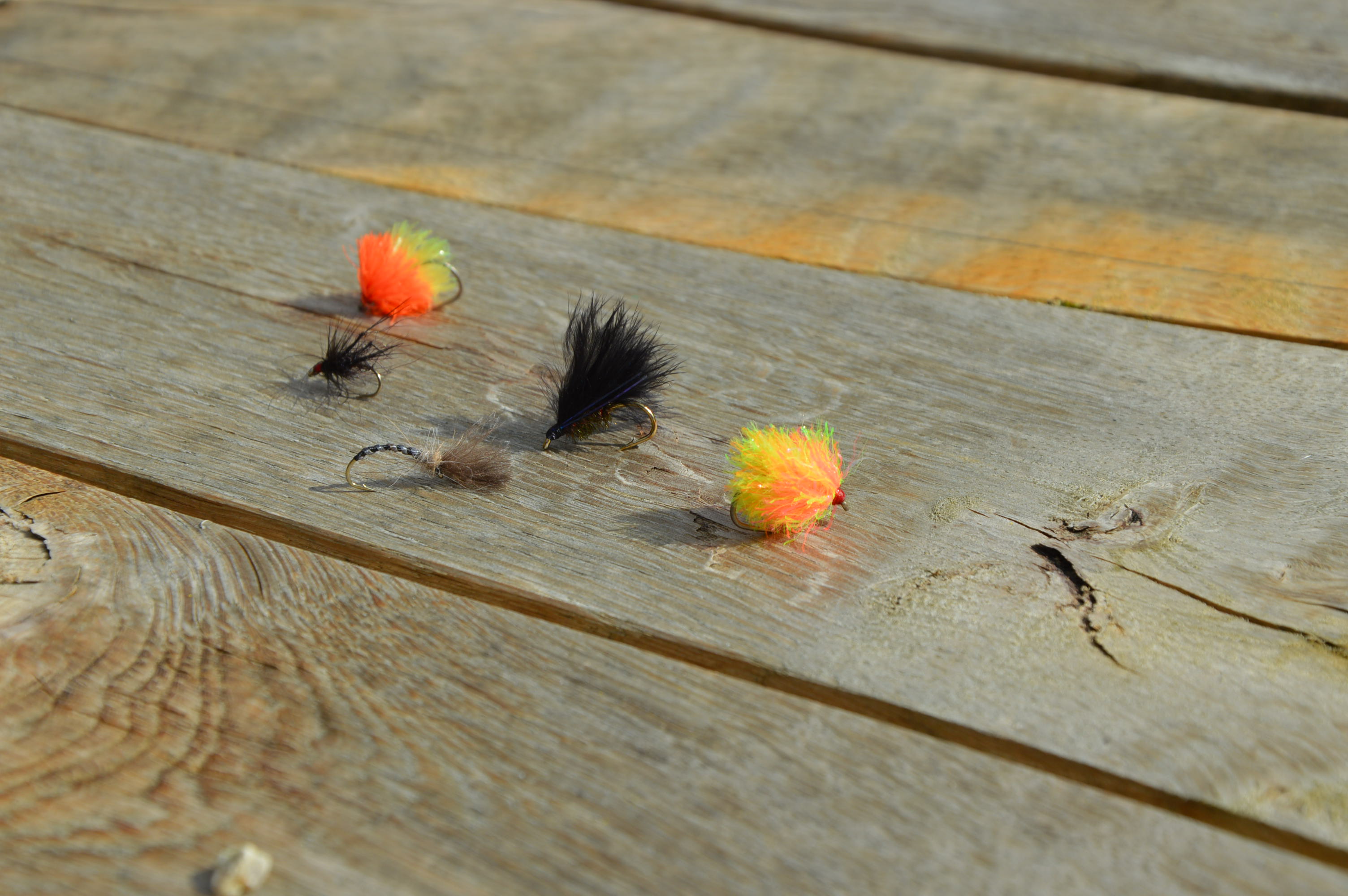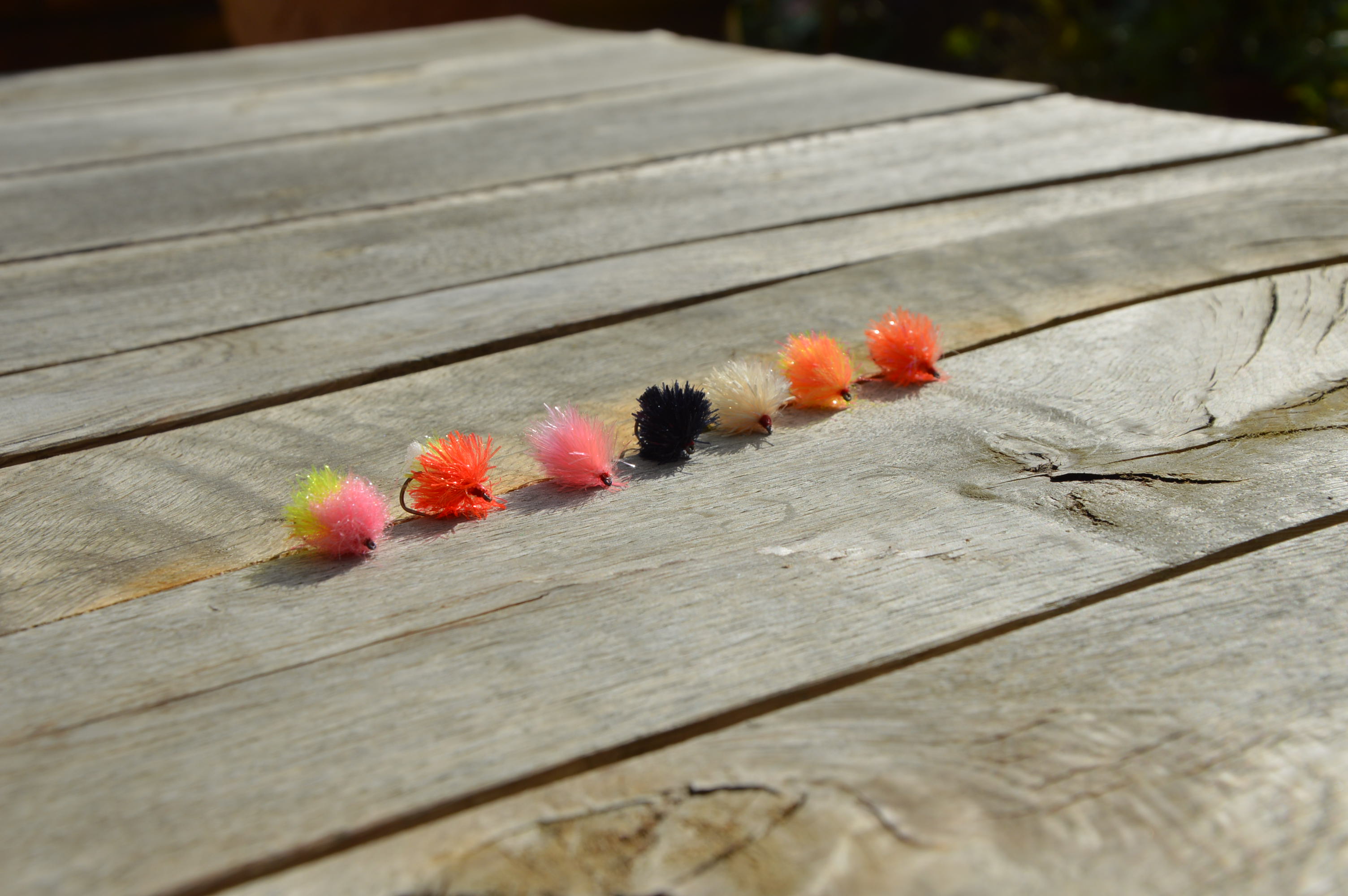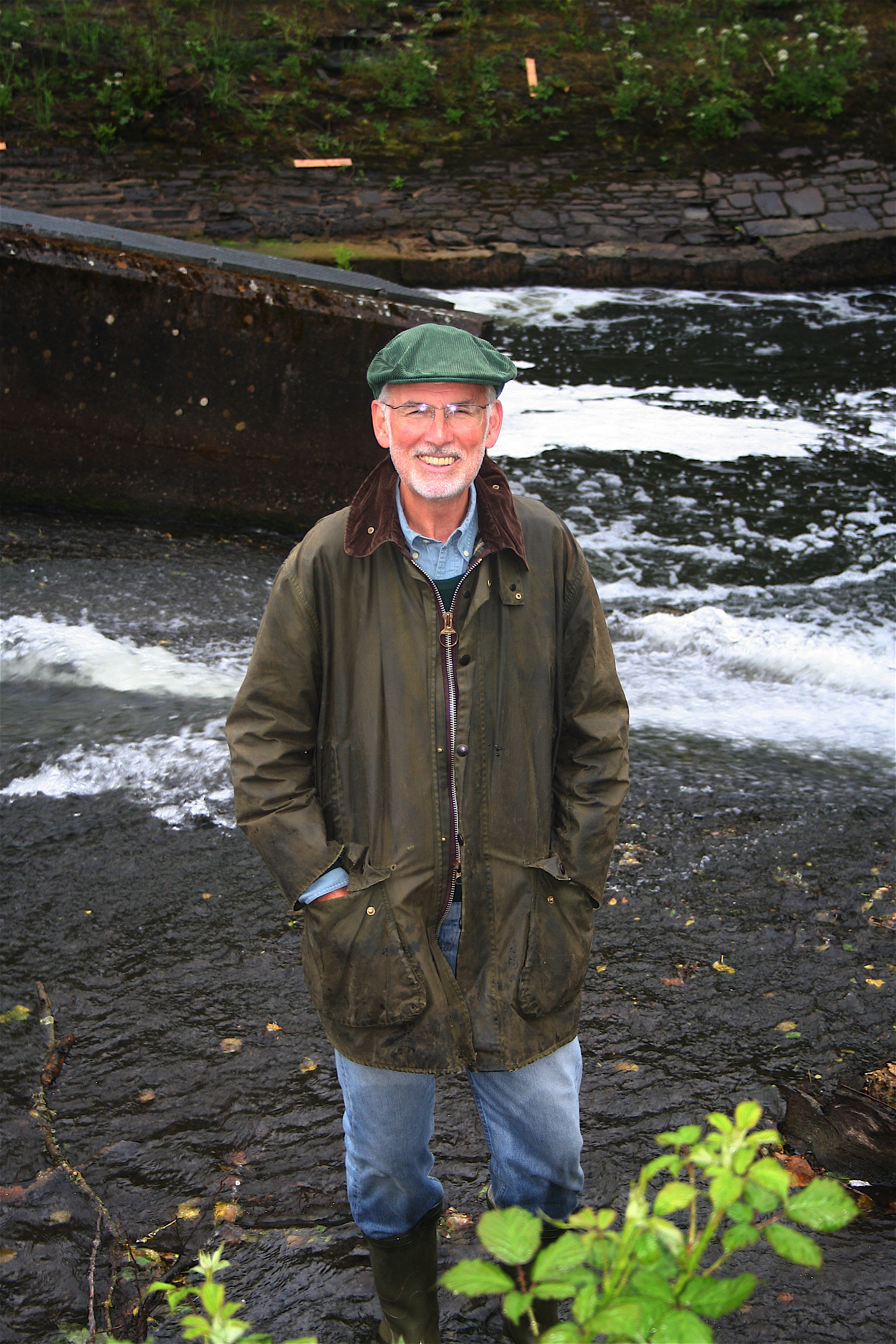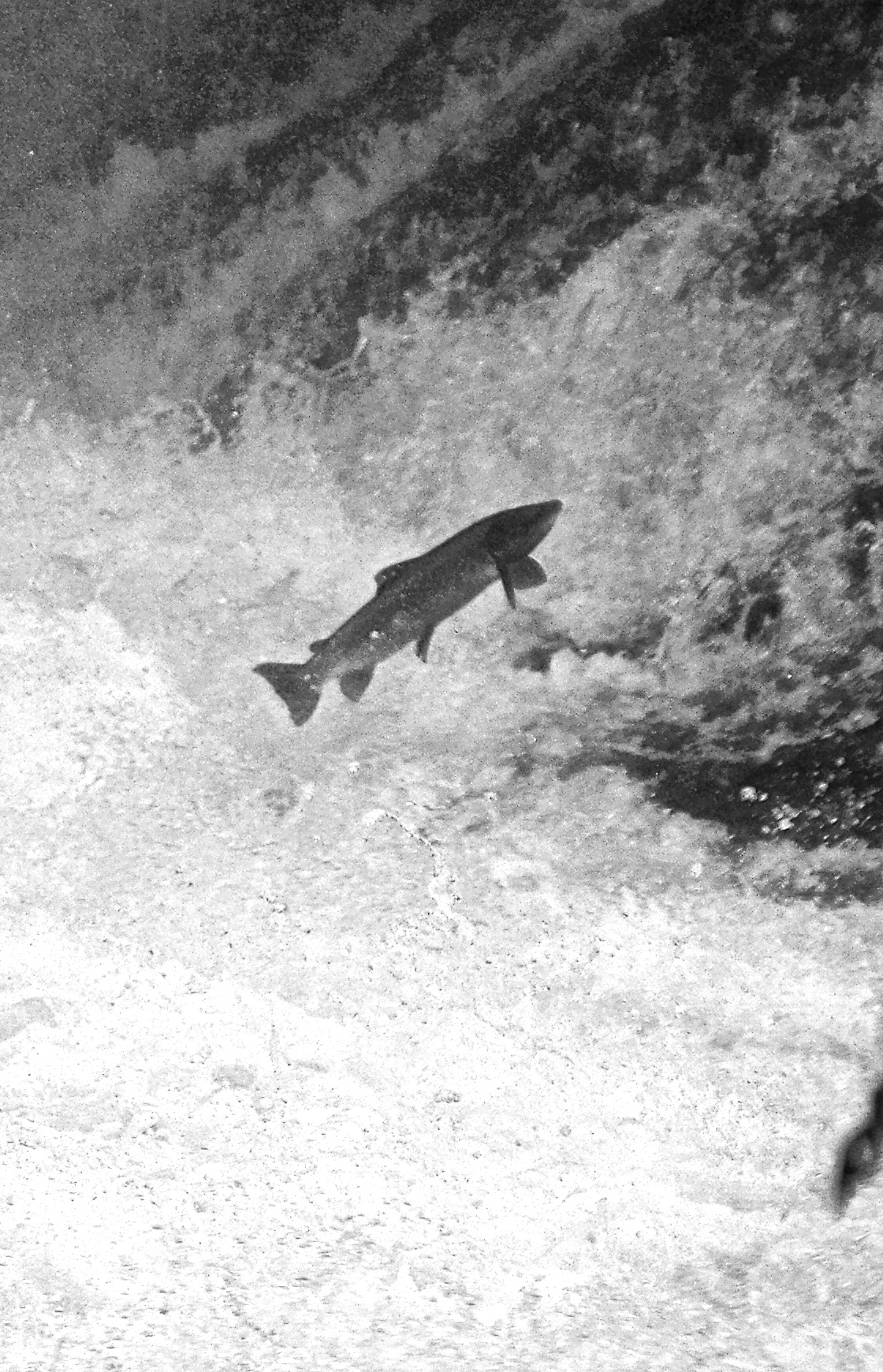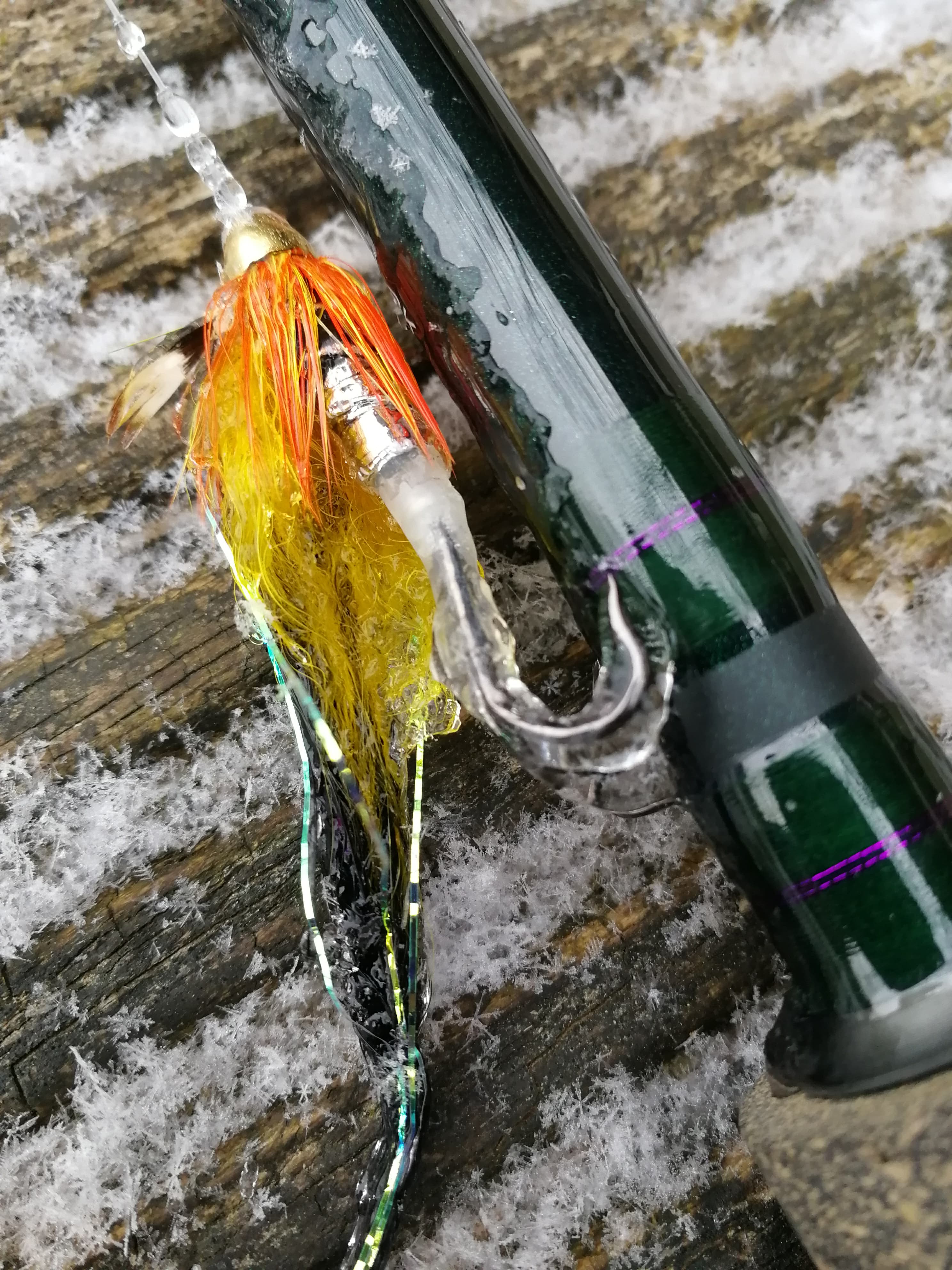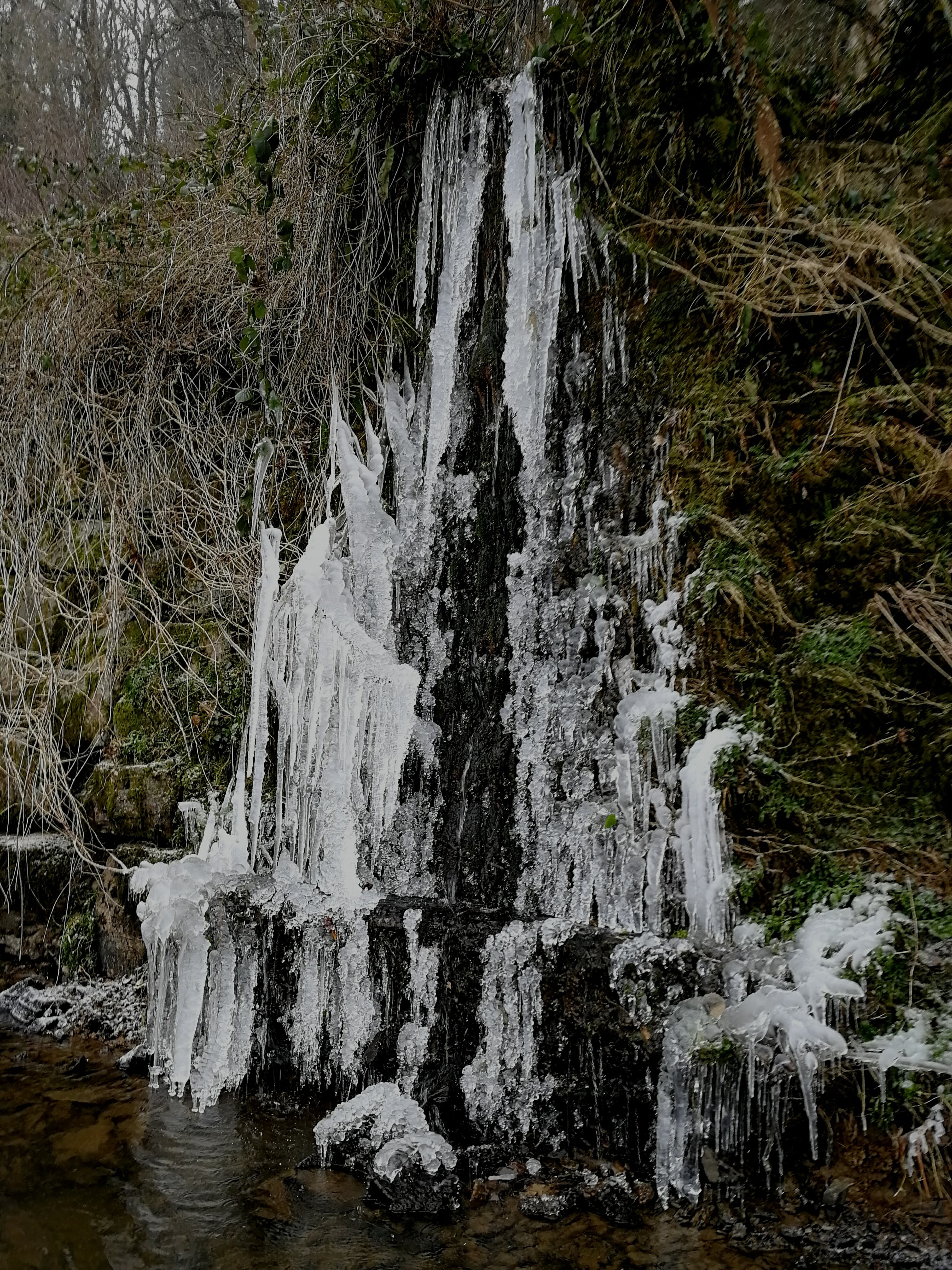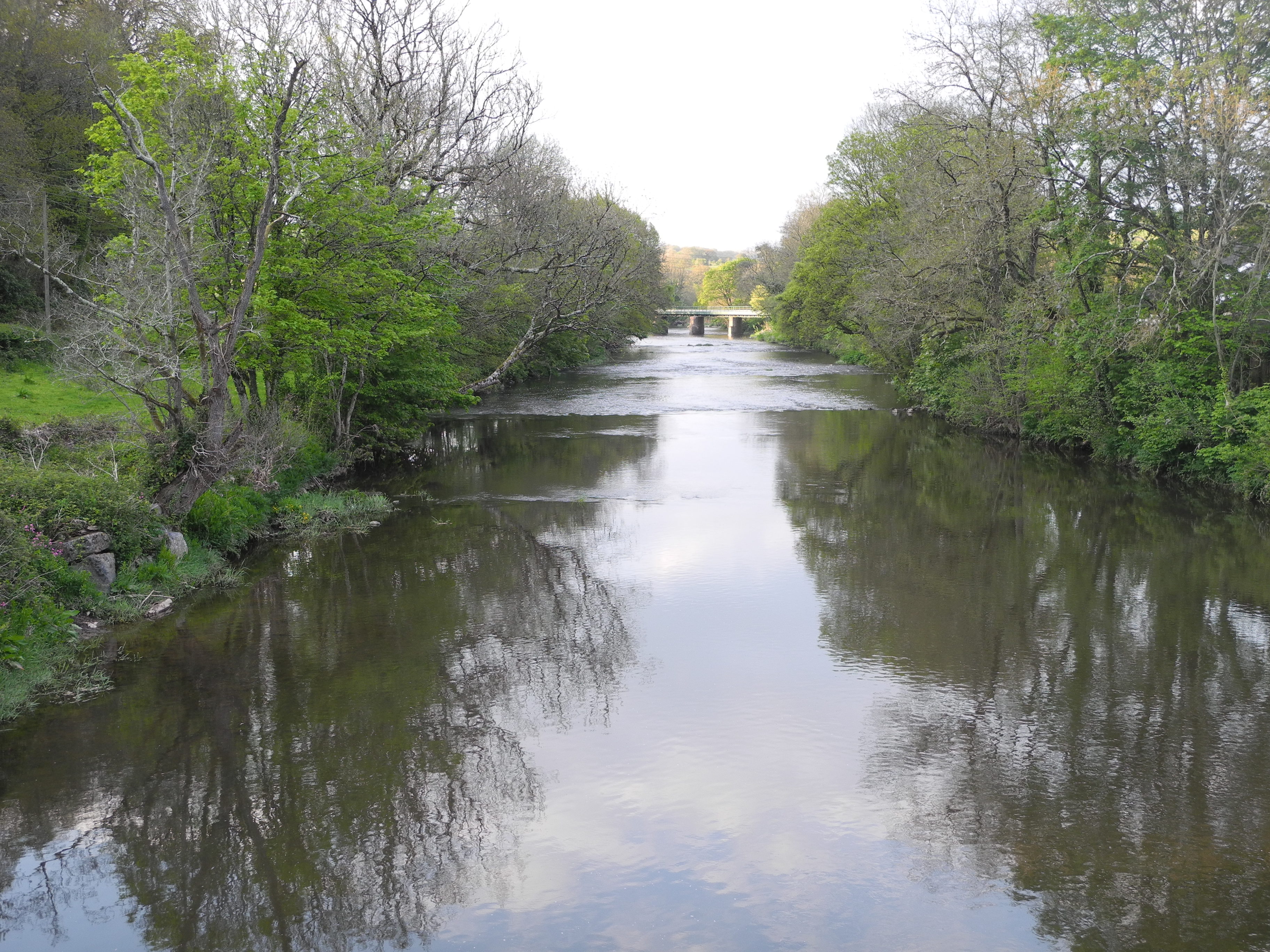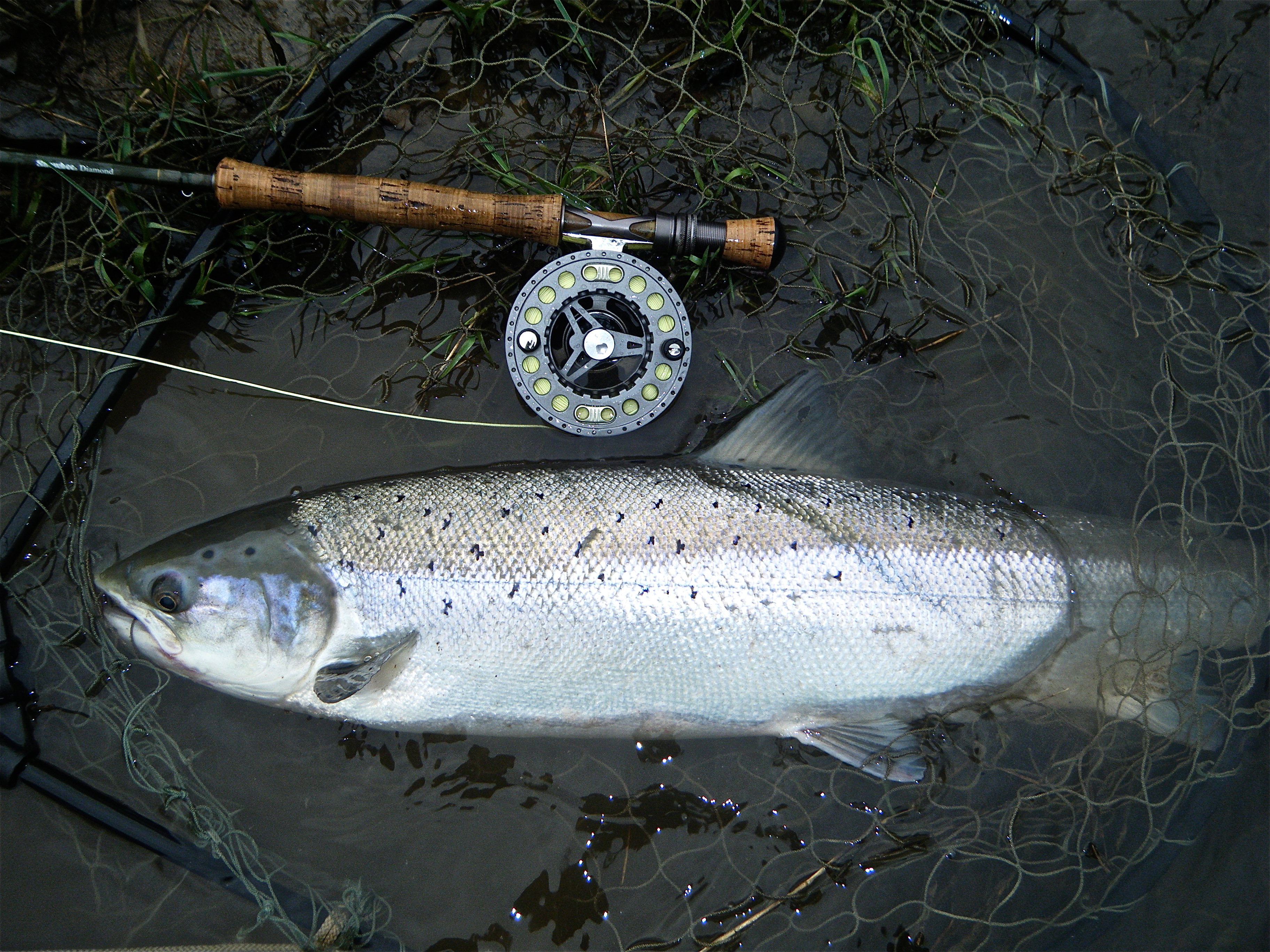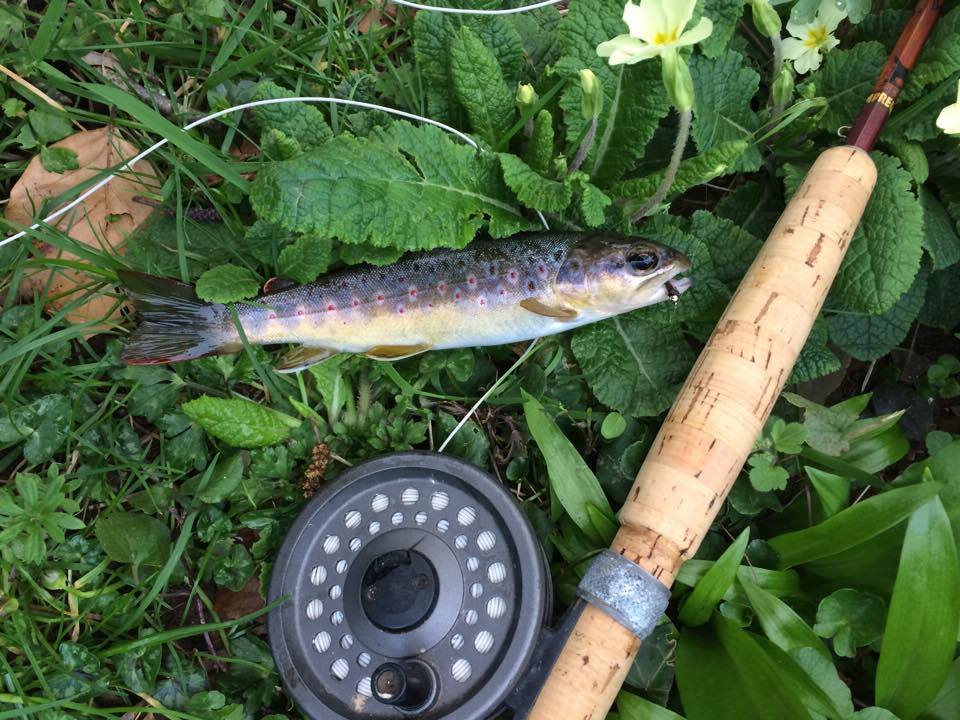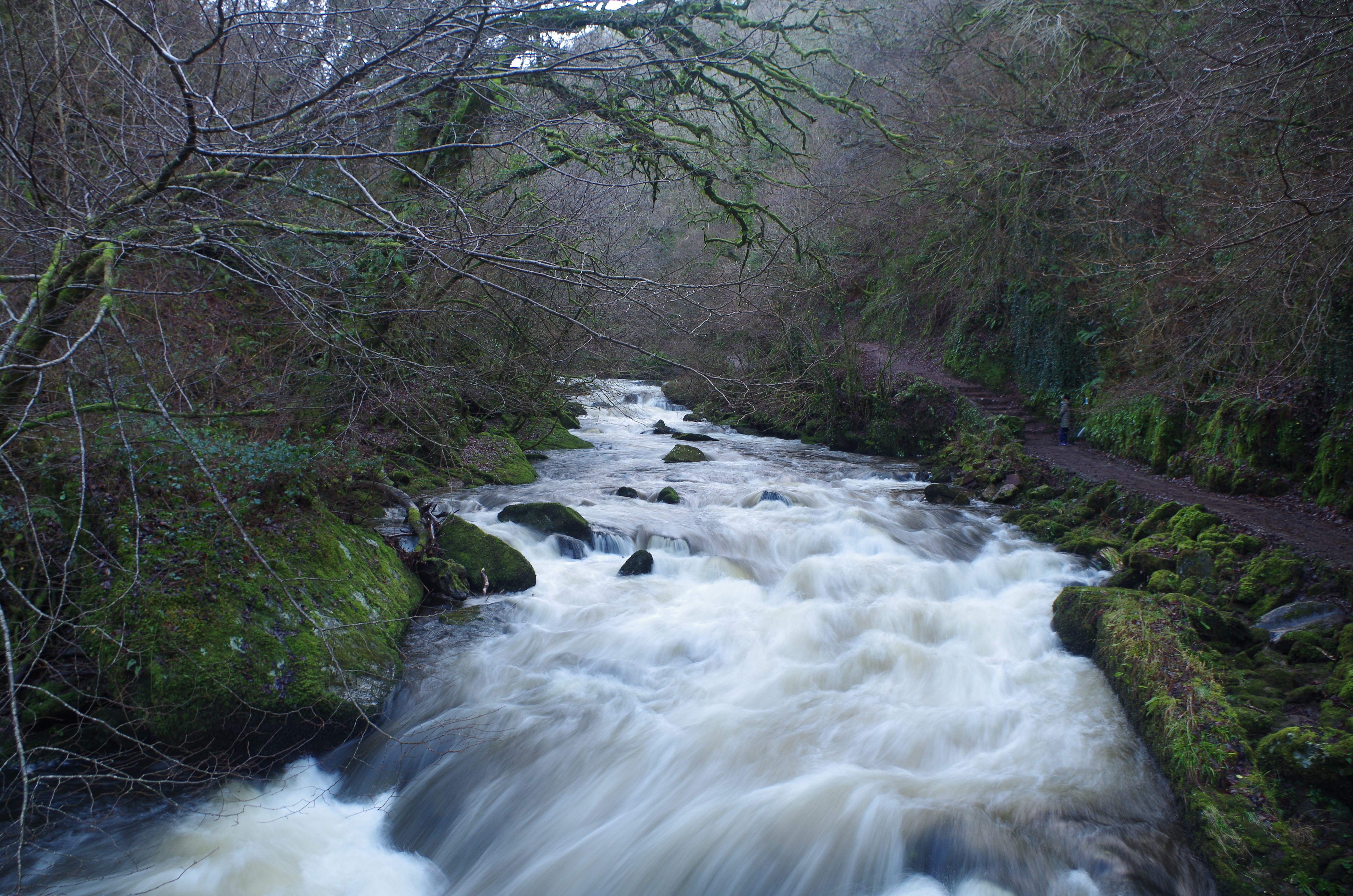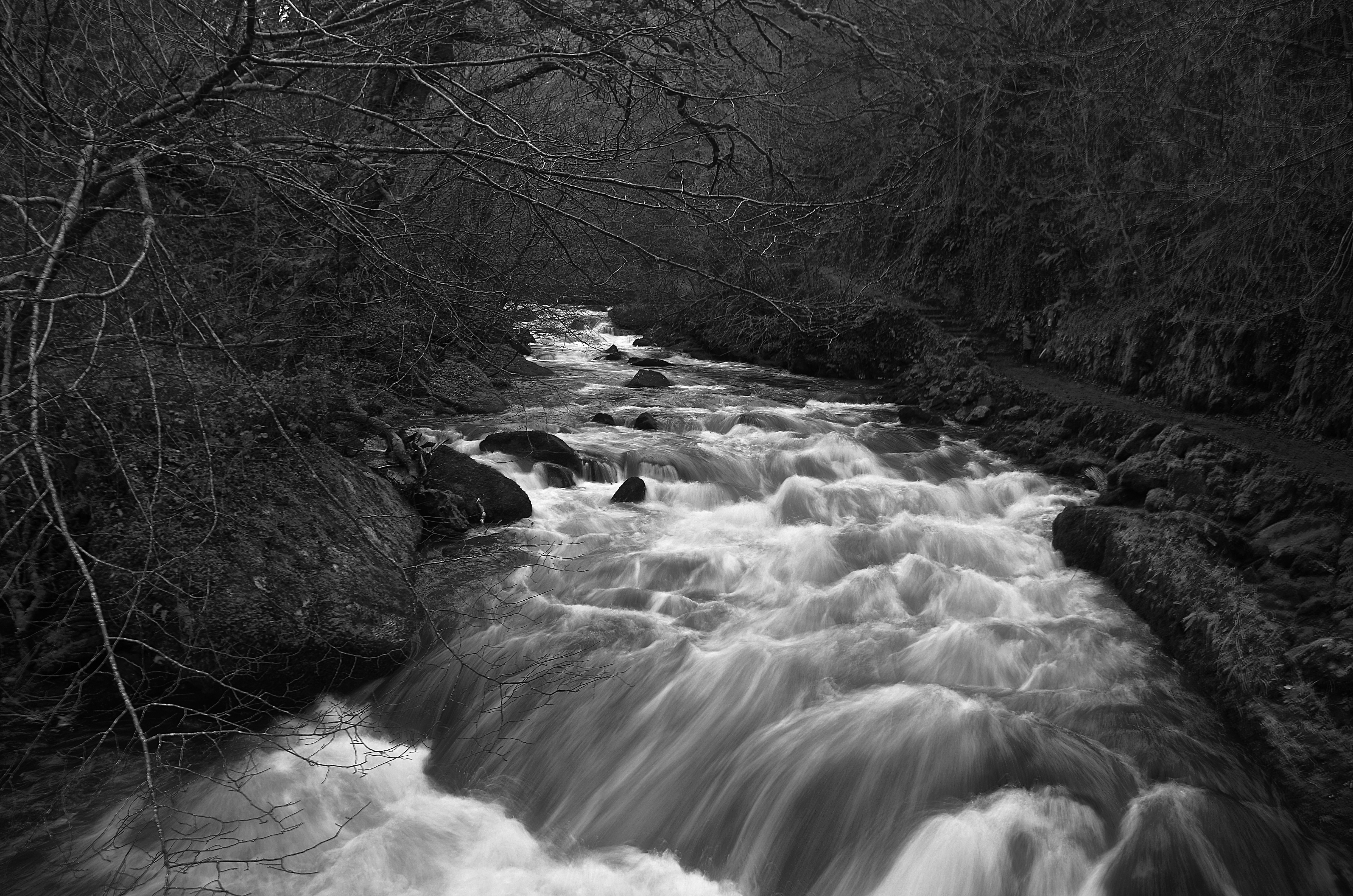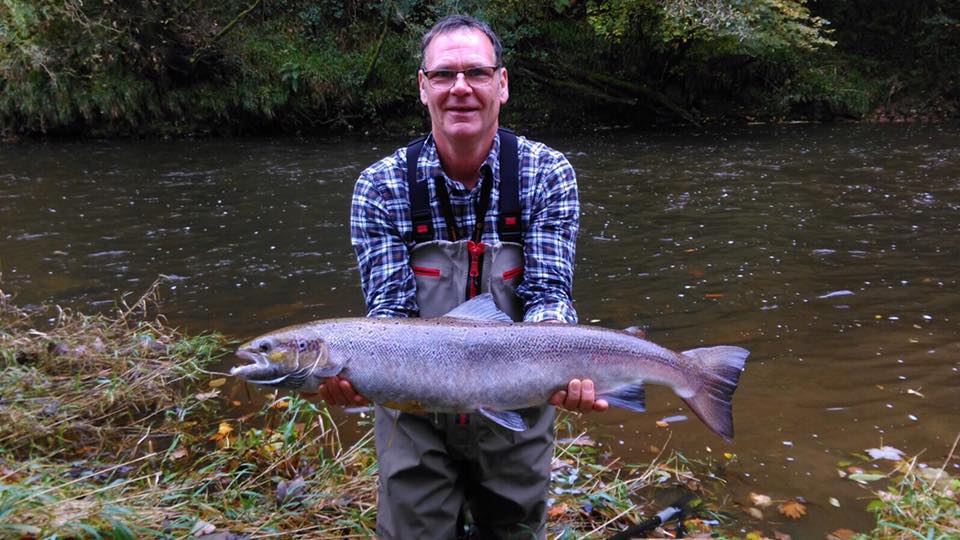NEWSREEL: AUTUMN 2017.
The Fishing Season:
It has been a most encouraging year for salmon, with the middle river beats doing particularly well. Despite the fact that in the spring and early summer the river was quite low salmon seemed eager to move upstream and by mid-May salmon were being caught as far upstream as Okement Foot. From July onwards the weather was much more unsettled and on occasions the river was out of order for several days. The lack of grilse in the last two months of the season was disappointing. Several fish approaching 20lb have been caught and the final salmon rod catch will probably be 90/100: the best since 2012.
The large sea trout were certainly in short supply, but a double figure fish was caught at Beam towards the end of June. However an encouraging aspect was that many of the school peal were in the 1.5/2lb range. Sea trout catches were similar to recent years. The few anglers who did venture out after dark often enjoyed some exciting sport.
The brown trout fishing seems to have been patchy but as in recent years there have been numerous reports of fish in excess of 2lb being caught. The perennial complaint is the lack of fly life which results in disappointing surface activity.
The EA Consultation on measures to reduce exploitation by both rods and nets.
The committee would like to thank all the members who went to the trouble of completing the consultation questionnaire. It was certainly far too long-winded. Let’s hope the EA sees sense and any proposed measures to reduce rod exploitation are purely voluntary. I will keep you all informed of developments. Obviously the EA will contact those of you who completed the questionnaire.
The Devon and Severn IFCA (Inshore Fisheries Conservation Authority) Byelaw Review:
With the government lurching from one crisis to another a decision regarding banning drift netting for bass and mullet in our estuary seems to have been placed on the back burner. Apparently it has reached the last stage: all that is needed is for the Minister to rubber stamp.
The salmon hatchery:
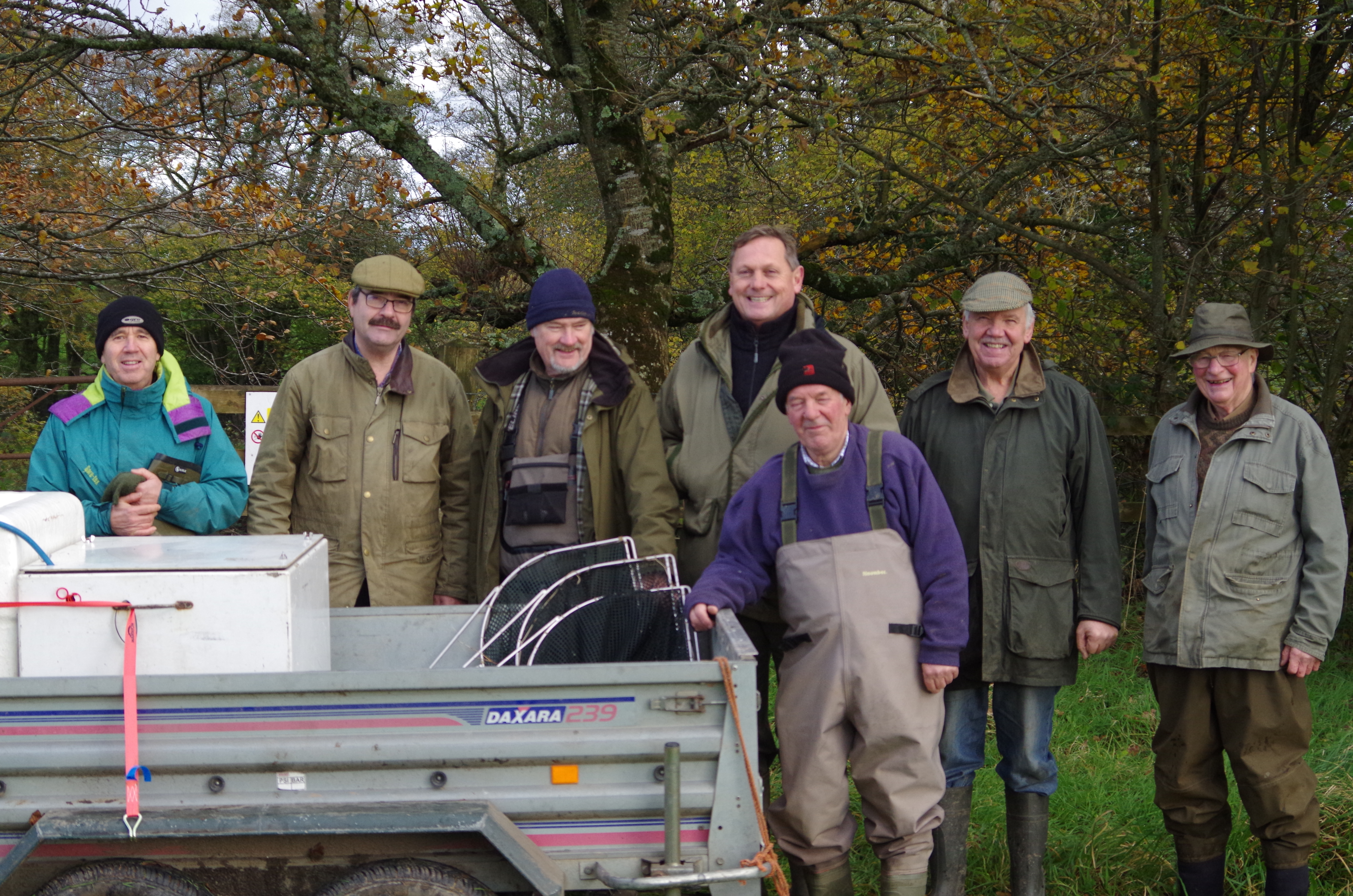
Photo Left to Right: Members of the Torridge Fishery Association.
John Graham, Paul Ashworth, David Williams, Paul Carter, Ken Dunn and Paul Coles. Front Row Charles Inniss
Over the weekend 11/13th November the Okement came into spate after prolonged heavy rain, so we decided to try and catch up some broodstock. There were plenty of fish showing at the base of the weir at Monkokehampton and unbelievably at the first attempt we caught up the 5 hens and 5 cocks we needed. All were in excellent condition and hopefully some if not all of the hens will be ready for stripping in the very near future. There is a long way to go but so far so good.
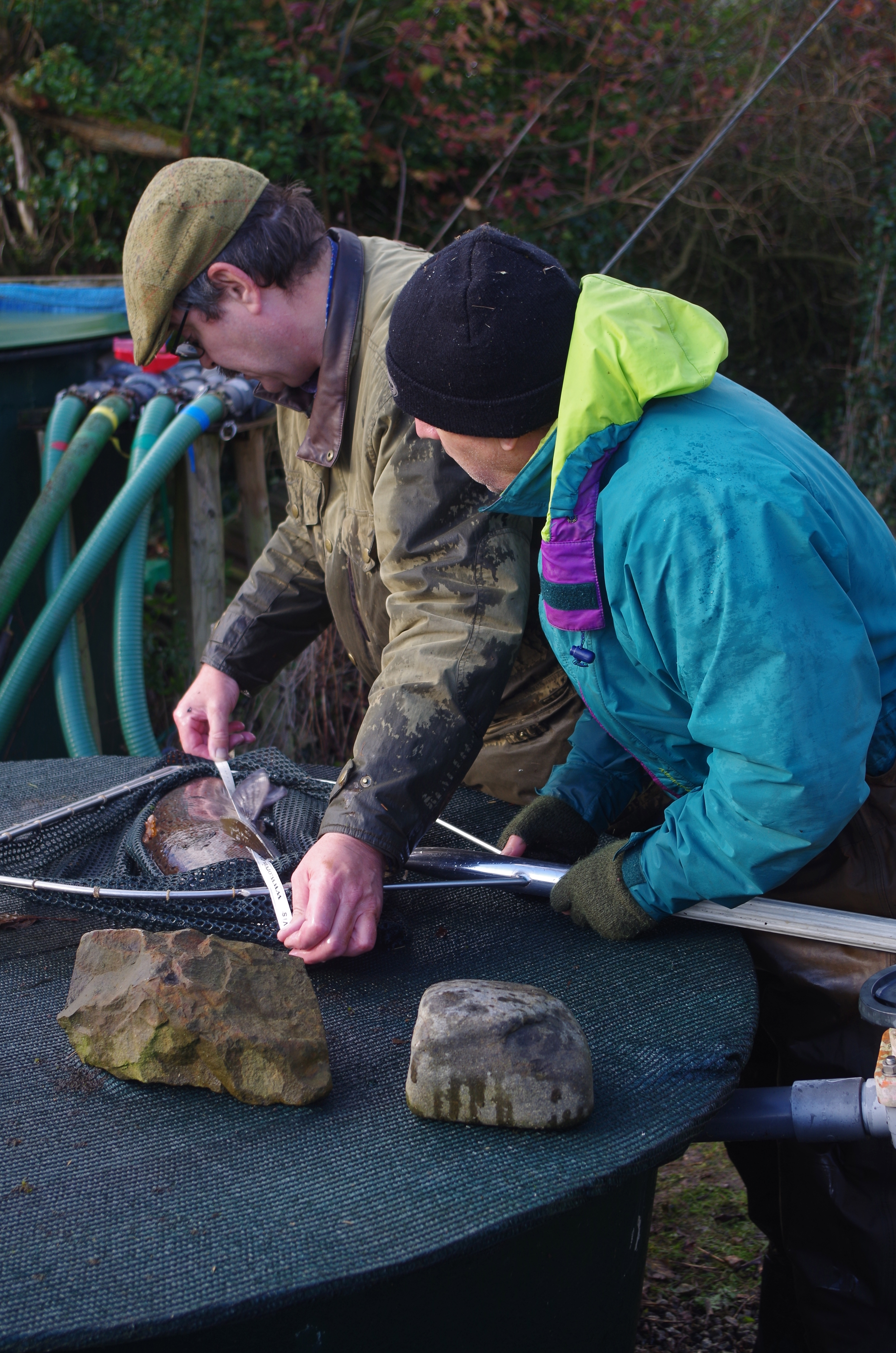
The Annual Dinner and Raffle: Another superb evening at The Half Moon. Over 50 of us enjoyed an excellent meal followed by the raffle and auction. Once again member support for the annual raffle was tremendous and over £1,500 was raised which will go towards continuing our efforts to improve the fishing on this beautiful river. Particular thanks to Paul Ashworth, our Chairman, and his wife Geraldine who organised the raffle and the auction. There was the usual huge array of prizes.
Winter well: only three months to go until the start of another season. Have a great Xmas and above all a healthy New Year.
The River Torridge Fishery Association
President: Lord Clinton
Chairman: Paul Ashworth Secretary: Charles Inniss e-mail: [email protected]
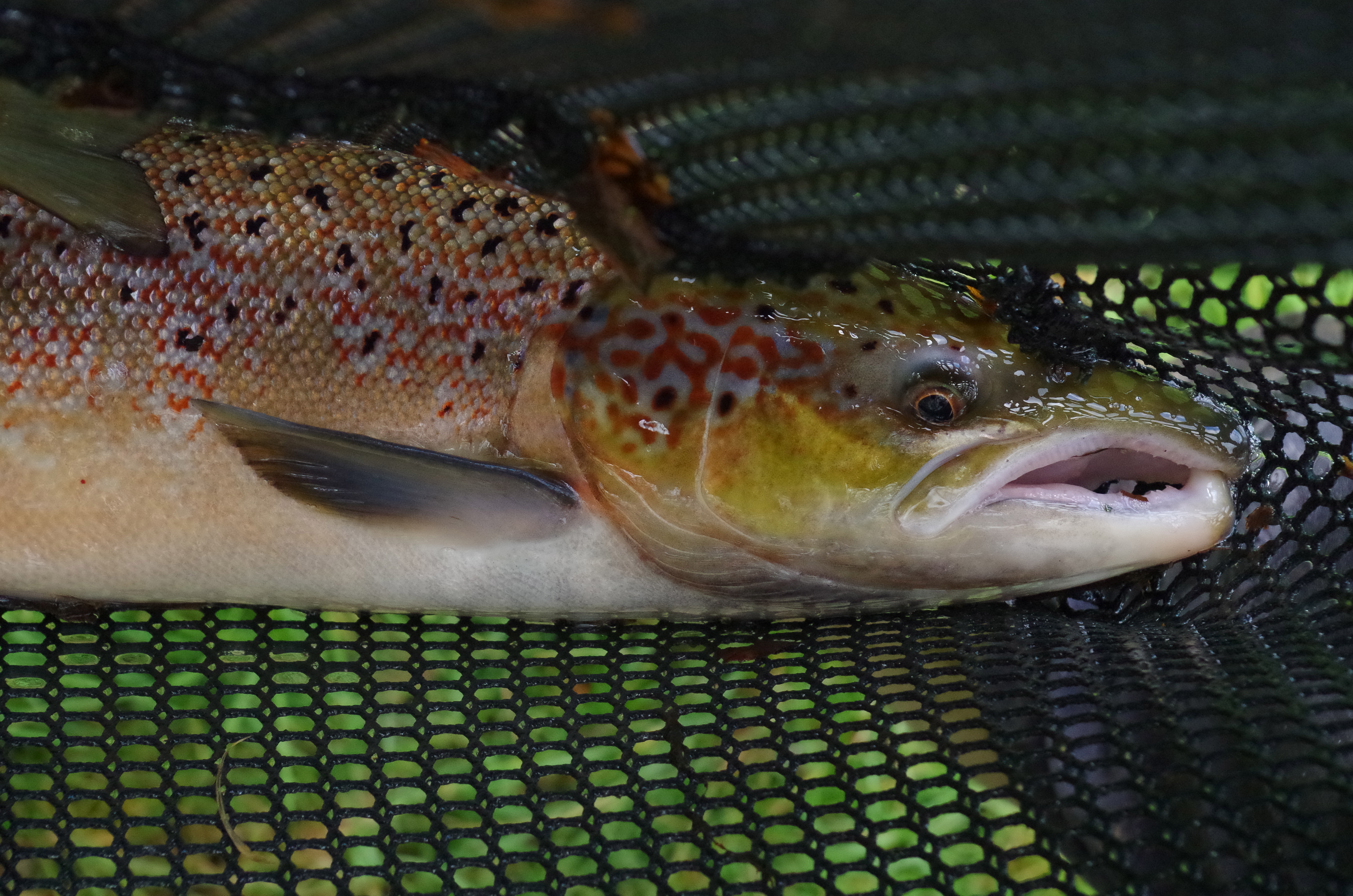
The following article was written by Charles Inniss for the Sheepwash Chronicle. Many thanks to Charles for giving permission to replicate it here on the pages of North Devon Angling News.
Helping the Torridge Salmon
One hundred years ago there were over 70 weirs on the Torridge: all of these were an obstacle to salmon migrating upstream to their spawning grounds. These weirs were built to divert water into the leats to work the water mills. A good example of this is the leat above Sheepwash Bridge which provided water for Herrick’s Mill that sadly has now fallen into ruin. This leat rejoins the main river on the bend upstream of the bridge. Most of these weirs were just made of brushwood and were known locally as “browse” weirs. However on the River Okement, the major tributary of the Torridge, a huge weir was constructed at Monkokehampton to divert water to work the mill at Mill Farm. Today the mill is still in working order and is used regularly by the Murrin family. This weir was so high it was a complete stopper for salmon, preventing them reaching valuable spawning grounds upstream of Okehampton on the slopes of Dartmoor.
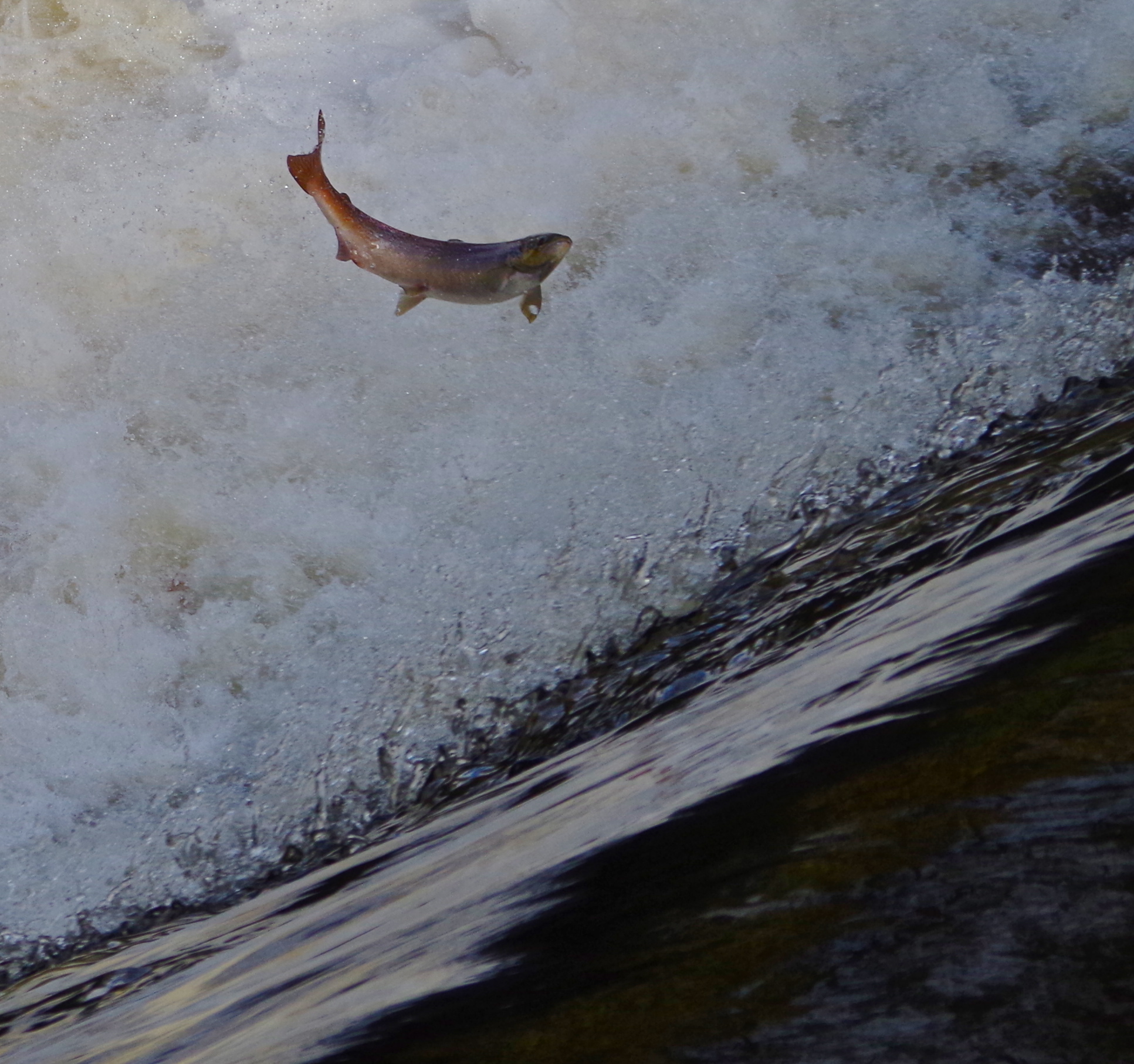
In the 1970’s the salmon stock collapsed. There were many reasons the main one being an outbreak of a fungal disease that affected all the rivers in the British Isles but the Torridge suffered more than most. Each year fewer and fewer salmon were surviving to spawn. After much pressure and in the hope it would help stocks recover, SWW, who at that time managed the fishery, agreed to install a Denil fish pass at the side of the weir. At the time this was a revolutionary type of fish pass but it has been incredibly successful. An extra fifteen mile of river became available for salmon to spawn. For the first time salmon were seen on tiny streams on Dartmoor. In recent years there have been signs that salmon numbers are increasing and this is largely due to the increased spawning capacity of the upper reaches of the River Okement.
Fifteen years ago our fishery officer, Paul Carter, suggested that The Torridge Fishery Association should set up its own small salmon hatchery. Early efforts met with little success but when the Environment Agency decided to close down its own hatchery at Endsleigh on the River Tamar, we were able to obtain much of their redundant equipment. For the last twelve years we have every winter successfully reared upto 30,000 salmon fry.
The first task every autumn is to obtain the broodstock. Each hen will usually have between 6,000 and 8,000 eggs so the aim is to catch 5 hens and 5 cocks. This is achieved by netting them as they ascend the fish pass: an operation strictly controlled by the EA fishery staff.
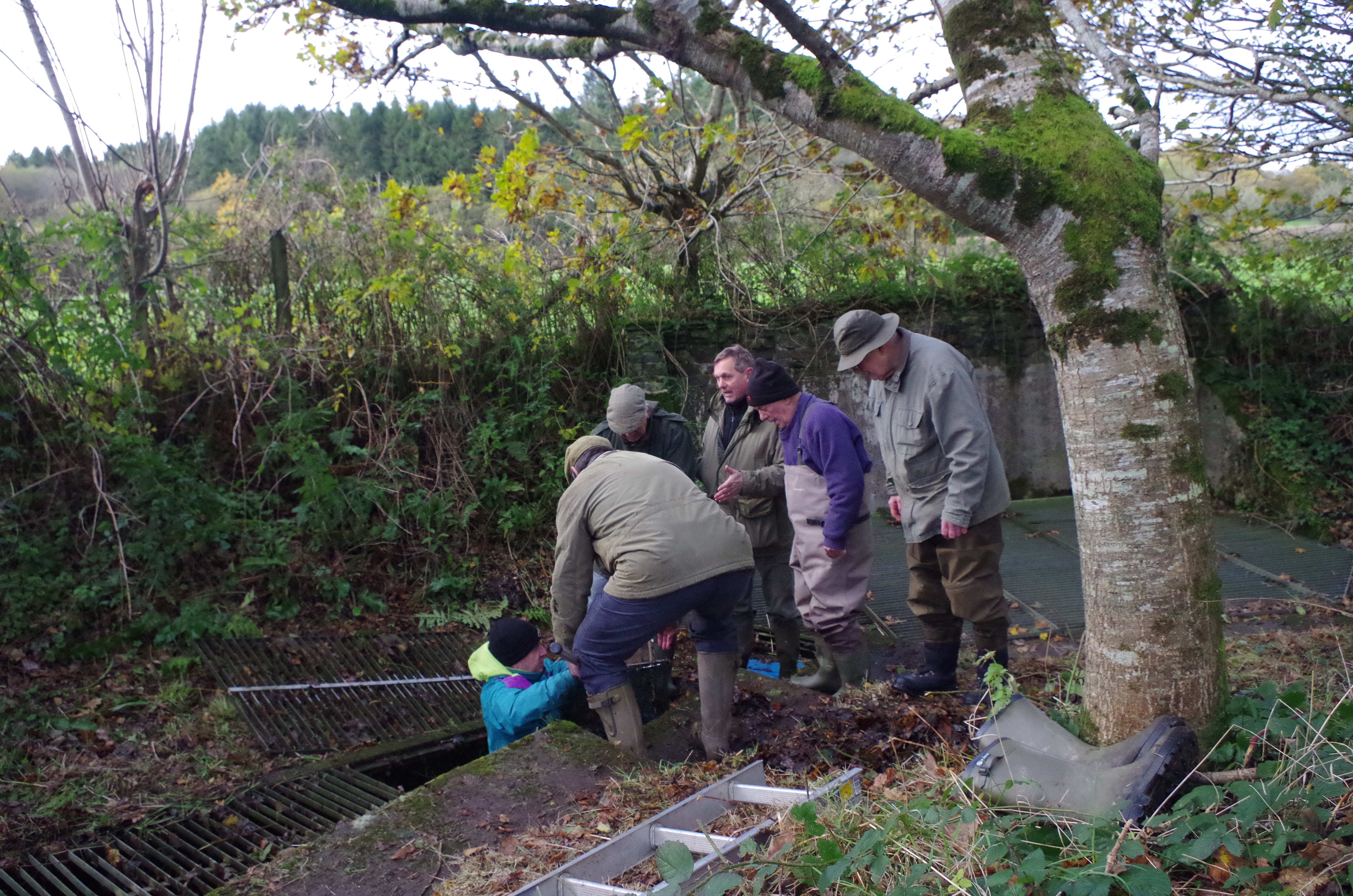
On Monday 13th November after a weekend of heavy rain and with the Okement running high we decided to have a go at catching up the broodstock. Wayne Thomas, the angling correspondent for The North Devon Journal Herald, joined us. Salmon and Sea trout were regularly showing below the weir and obviously there was a large number of fish eager to go up the fish pass and continue their journey upstream. Wayne took some amazing photos of fish leaping at the foot of the weir. If you want to see more of these images go to Wayne’s website www.northdevonanglingnews.co.uk. Without too much difficulty we managed to catch up all the broodstock. These were put in an oxygenated tank, loaned to us by the EA, and transported back to the hatchery. There, they were measured, weighed and checked over to ensure they were all in good condition with no sign of disease or injury from seals, otters or herons. Once completed they were carefully placed in the holding tank.
By the time you read this, some if not all of the hens will have been stripped: the eggs, having been fertilised by the cock fish, will be laid out in trays of flowing water. If all goes well by early April about 30,000 small salmon fry will be ready to be stocked out in the headwaters.
Why do we go to all this trouble? There are many small tributaries of the main river that currently are not used by salmon. It is the aim of the hatchery project to introduce salmon fry to some of these areas in the hope that in four or five year’s time they will return from the high seas and spawn where they spent the first two years of their lives. Mussel Brook, the stream that enters the main river between Sheepwash and Black Torrington, is a very good example. By artificially restocking this stream we hope to extend the rearing areas not at present used by the salmon population.
If anybody would like to visit the hatchery contact me on 01409231237 and I would be delighted to show you the set-up.
Charles Inniss. November 2017.
AUTUMN GLORY
I was privileged to join members of the River Torridge Fishery Association on a cold day in mid November as the Okement was running high following heavy rain. I was on hand to take a few photos and report on the above project as expertly described by Charles Inniss in the above article. I have been fishing the Torridge on a regular basis for over ten years and enjoy being a member of the River Torridge Fishery Association who work so hard to ensure the future of the salmon that continue to migrate each season. The Torridge appears to be holding up well in comparison with many of the UK’s salmon rivers though this is a fragile Eco-system that is often challenged by human kinds disregard for nature.
I arrived at the weir well before the other members and spent an hour watching in awe as the salmon attempted to ascend the concrete barrier that for many years prevented the fish from reaching valuable spawning grounds high on Dartmoor. The instinct that drives these incredible fish to forge up river is surely one of natures many wonders and I was thrilled to capture a few images of these majestic fish.
As an angler I care deeply for the survival of these fish and this goes far deeper than the desire to catch them during the fishing season. That connection with a fish through rod and line gives a physical connection with the fish and nature that I cannot adequately convey in words.
Standing beside the river as the leaves fall and the river roars I give thanks to angling for bringing me so close to nature and my fellow anglers,
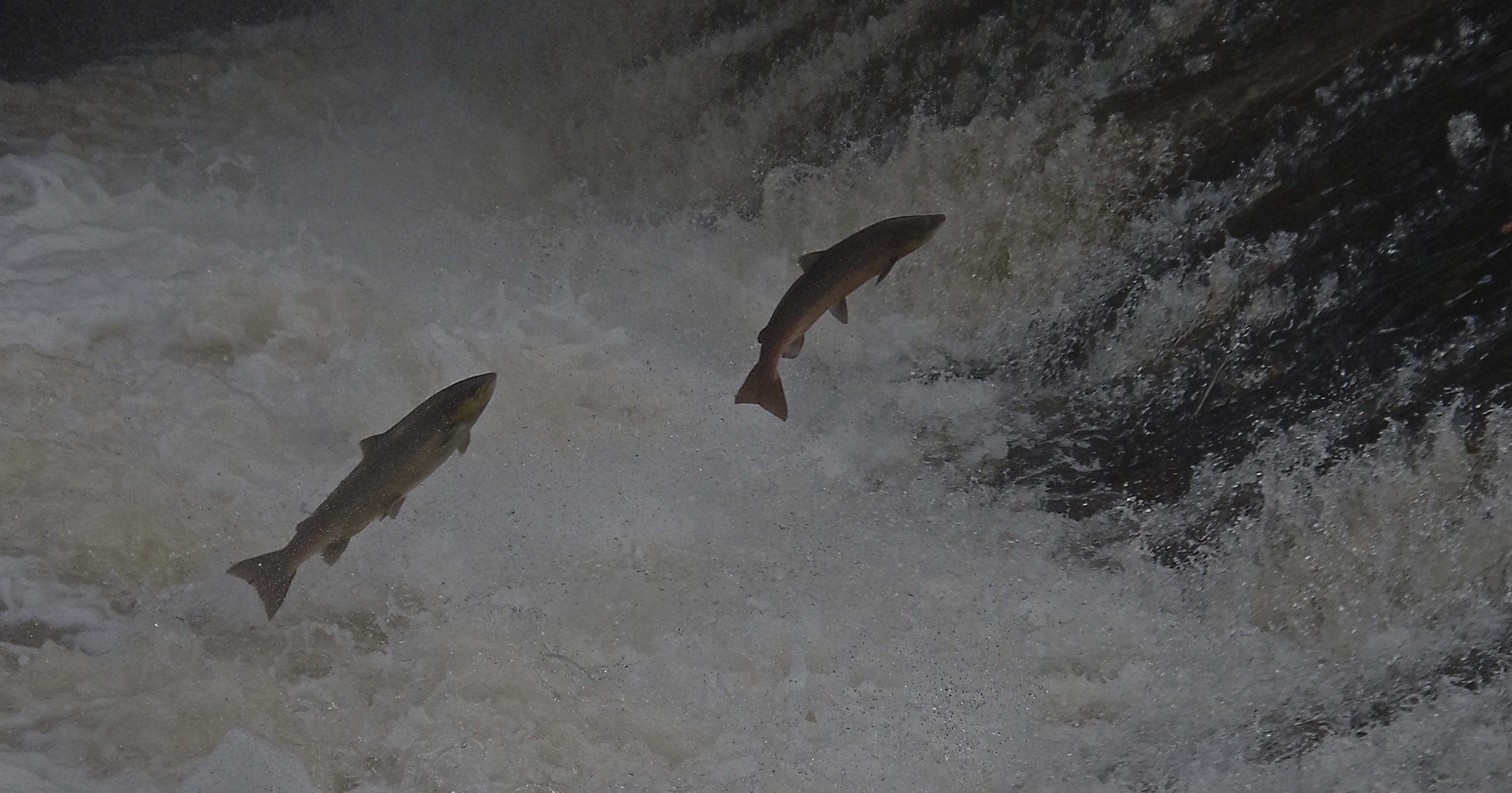
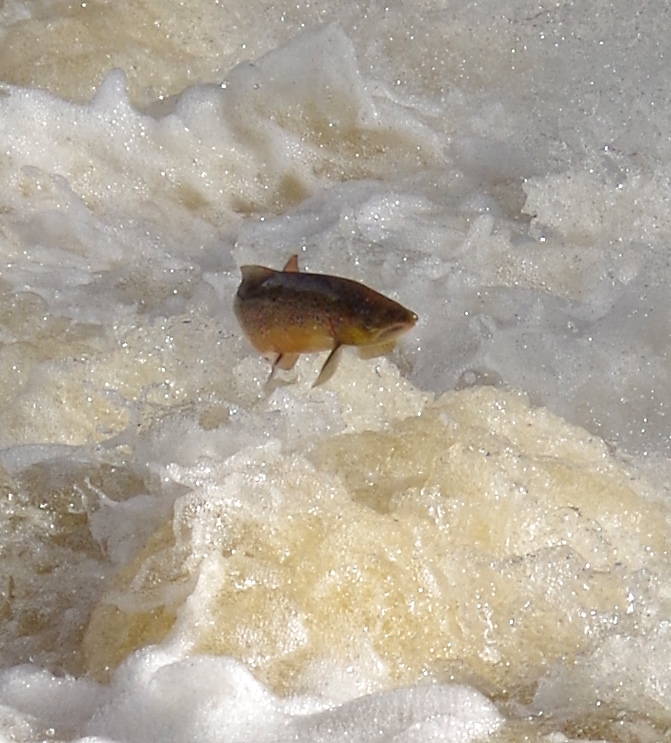
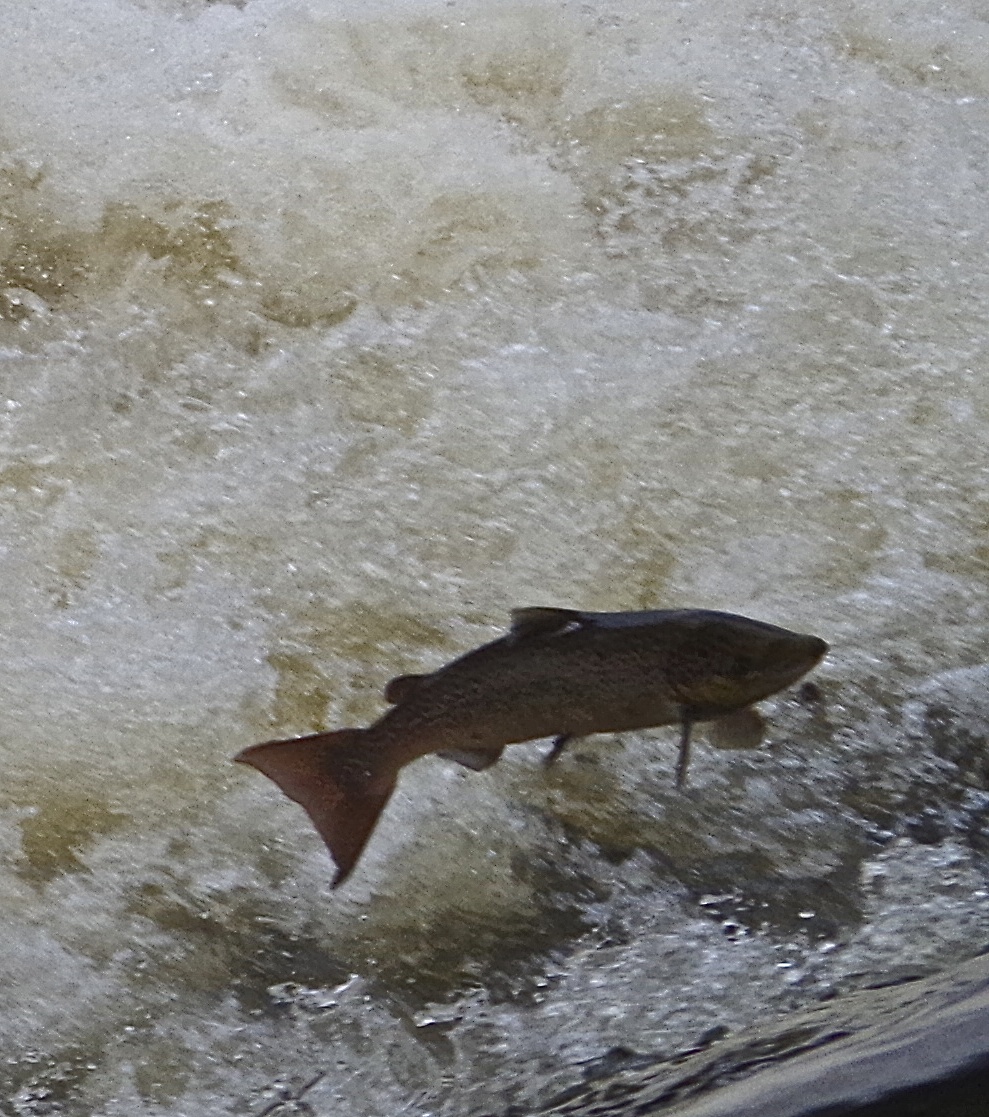
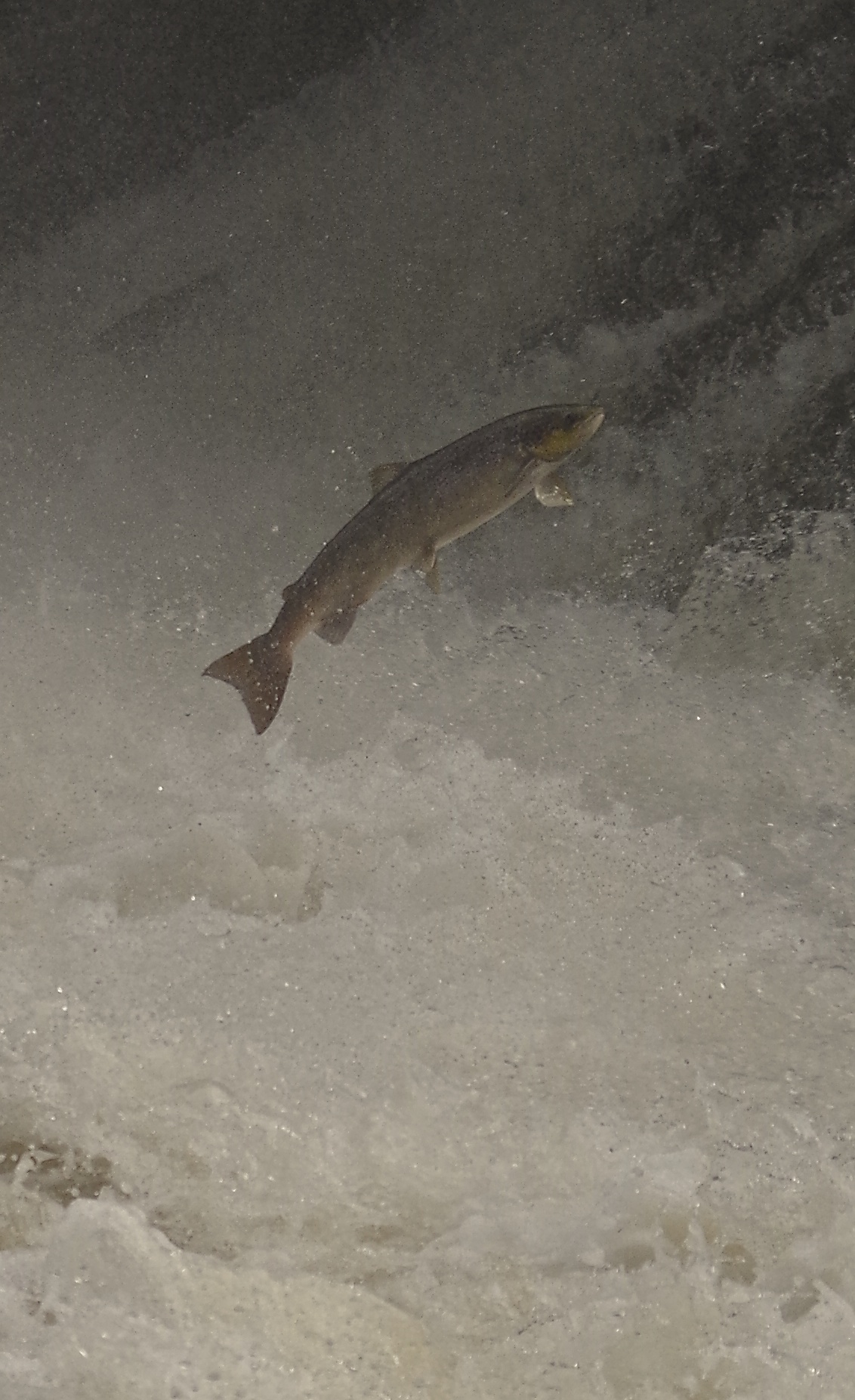
The salmon close up are handsome fish their colours perfectly reflecting the rich colours of the autumn season.
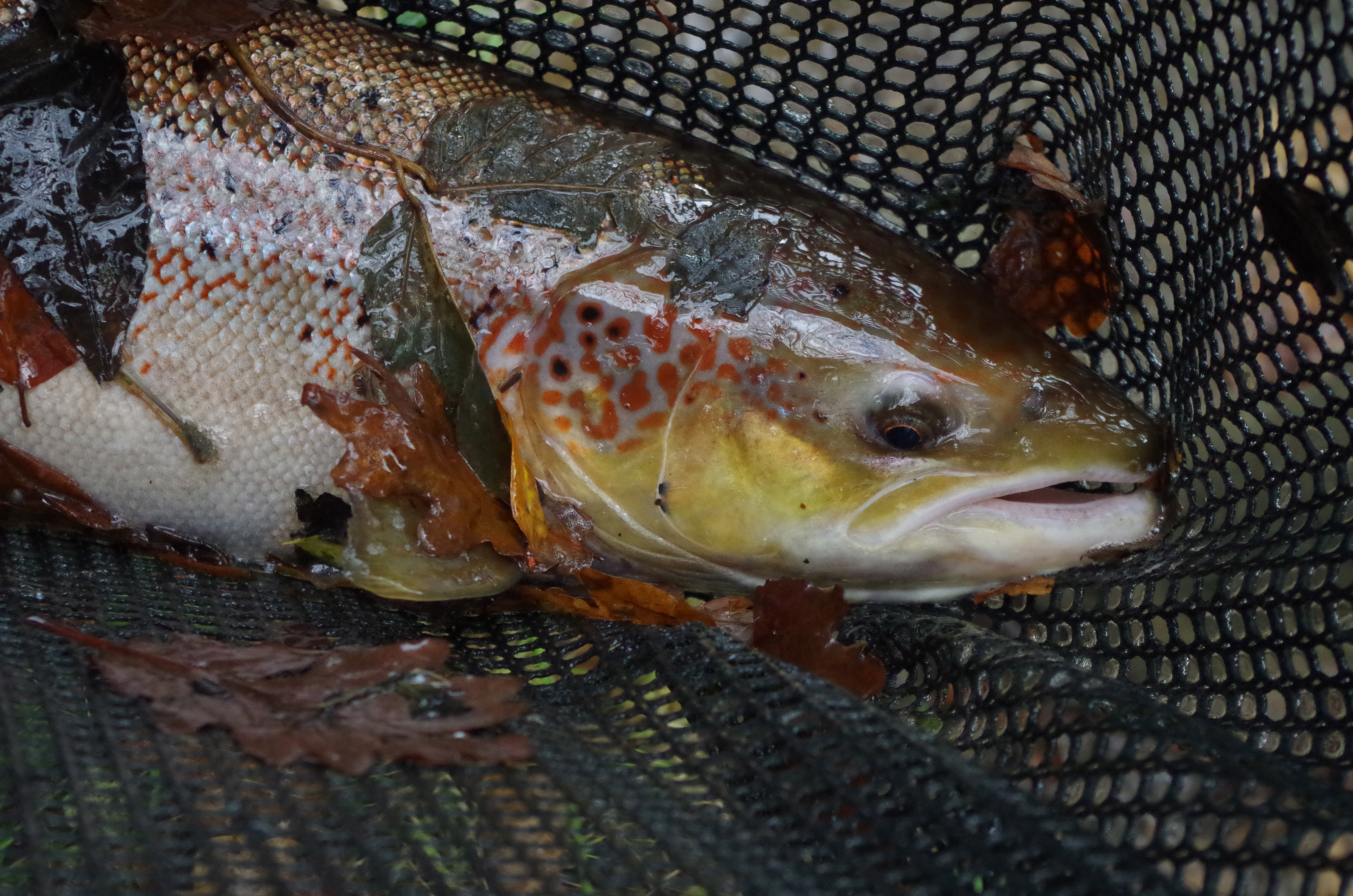
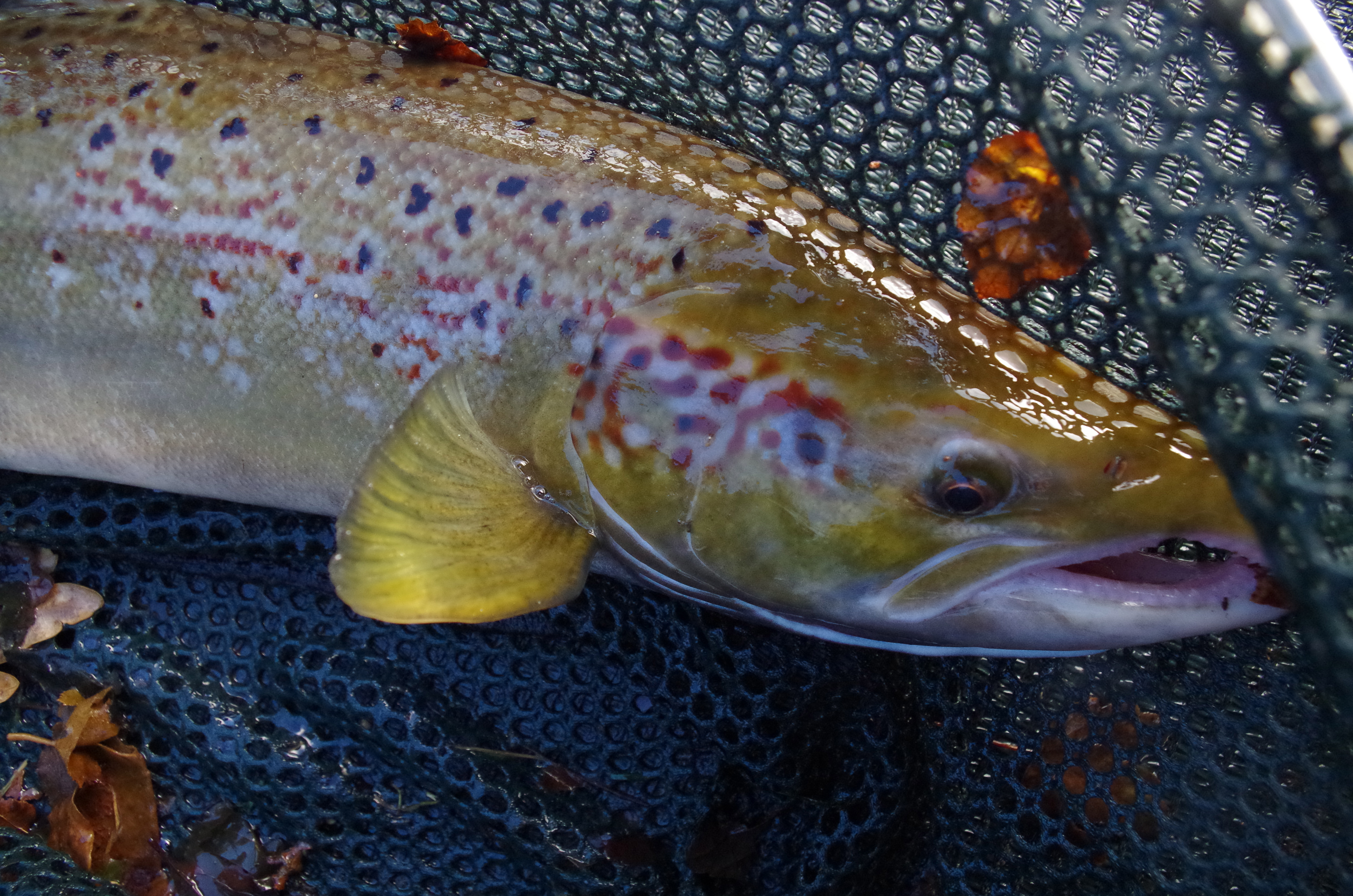
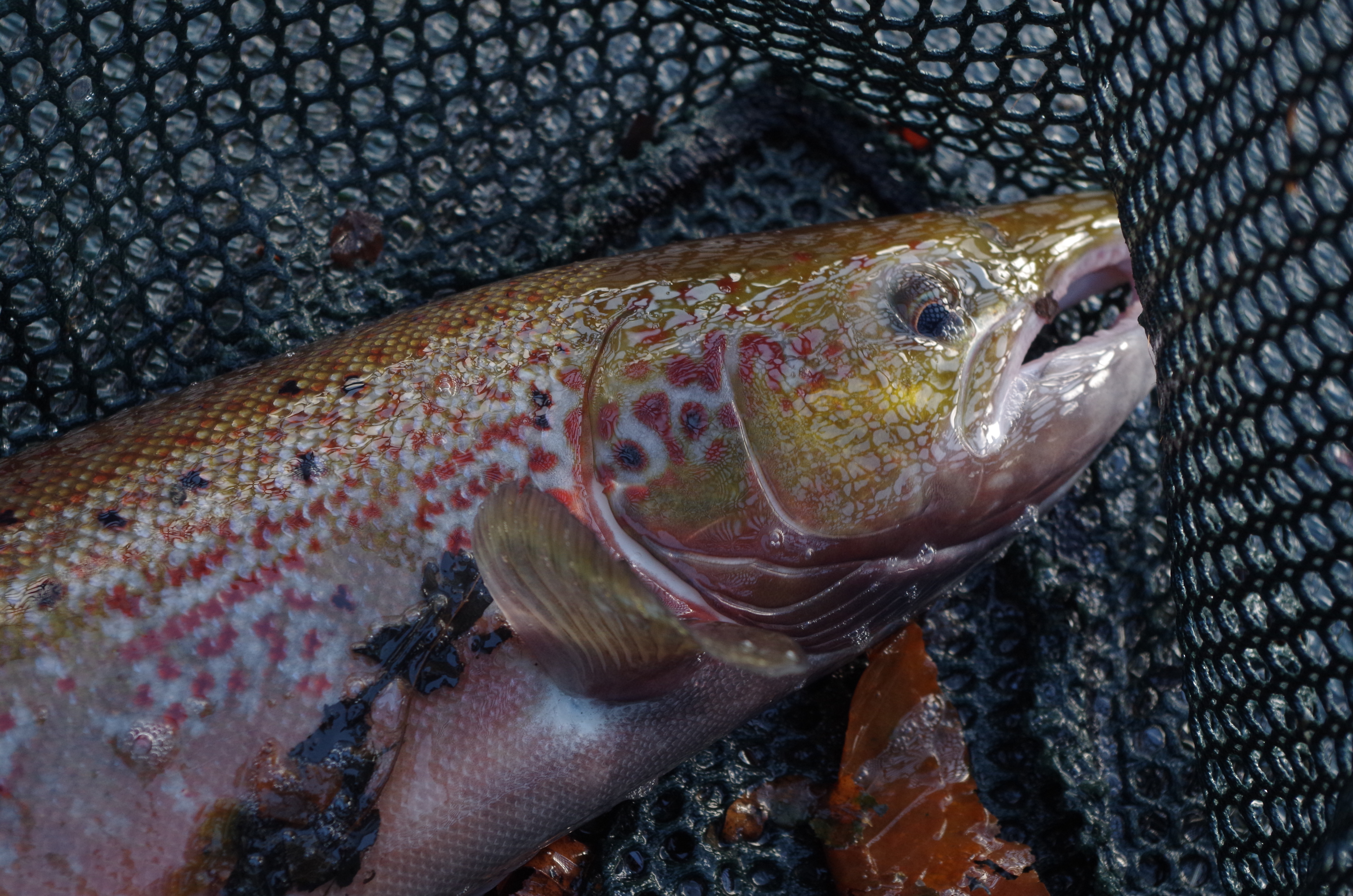
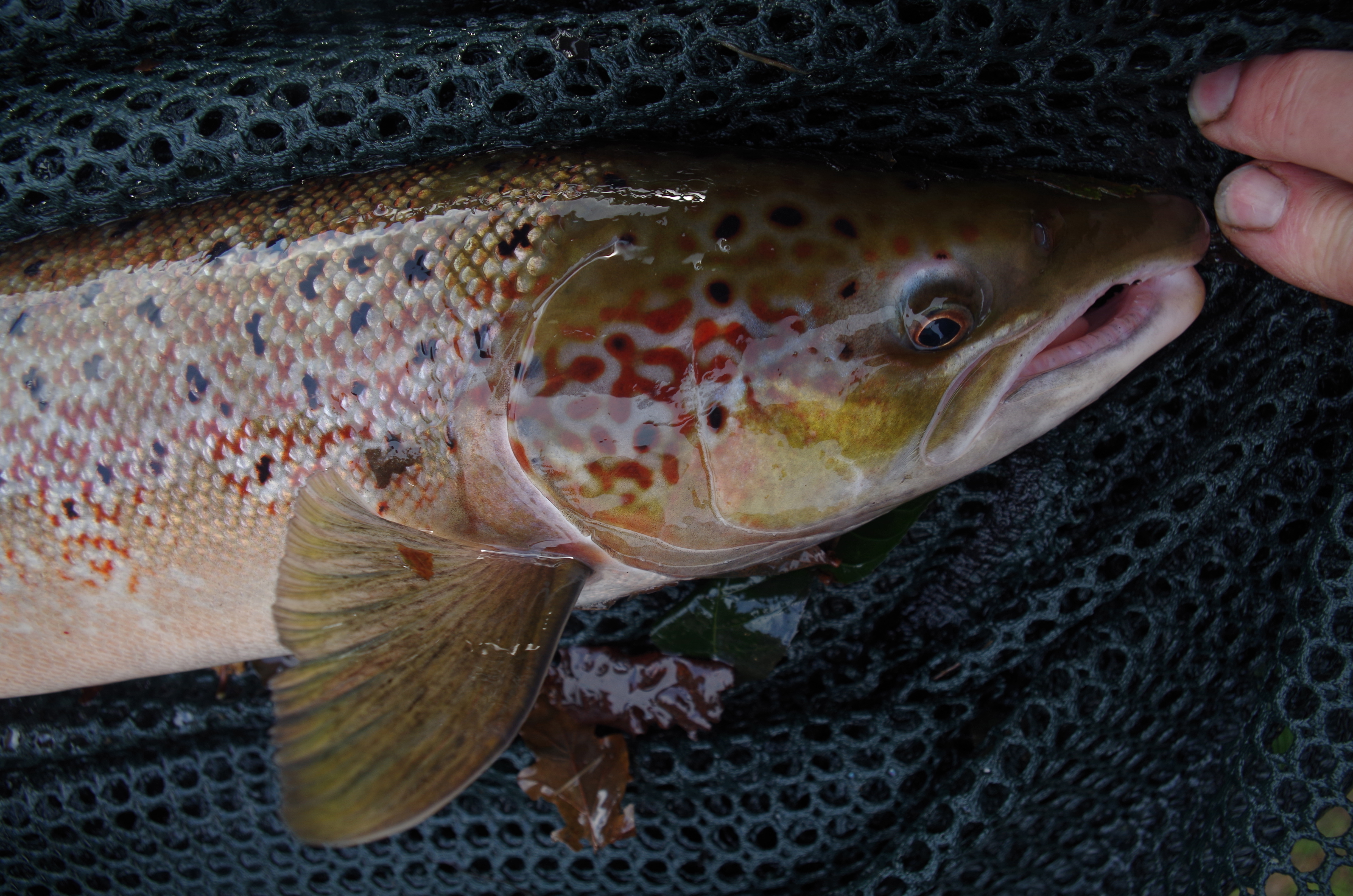
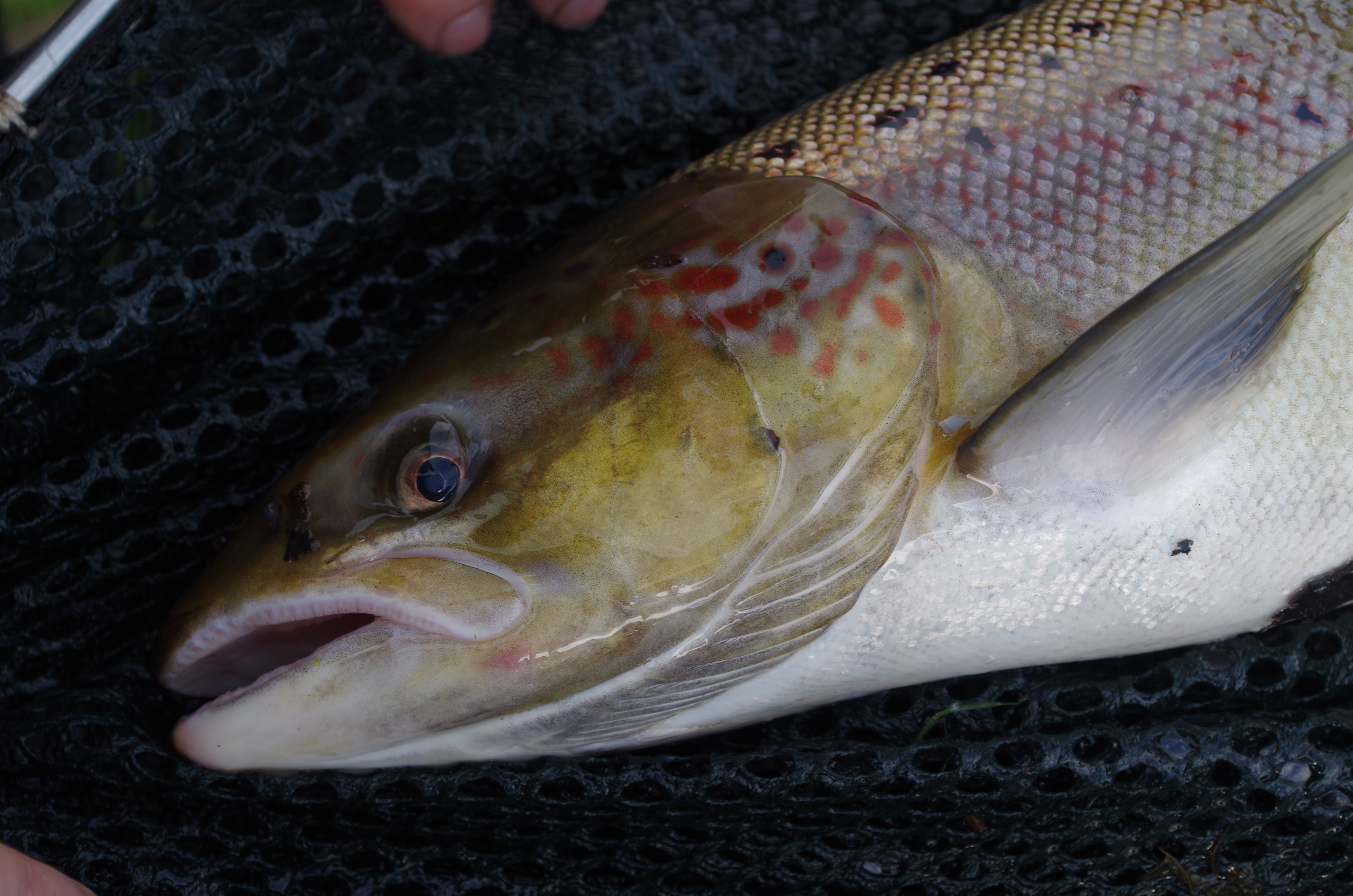
Hopefully the hatchery will once again produce fry to stock into the Torridge tributary’s as spring unfolds and wild daffodils once again bloom along the banks and those first swallows gyrate in the air as sunshine warms the land.

